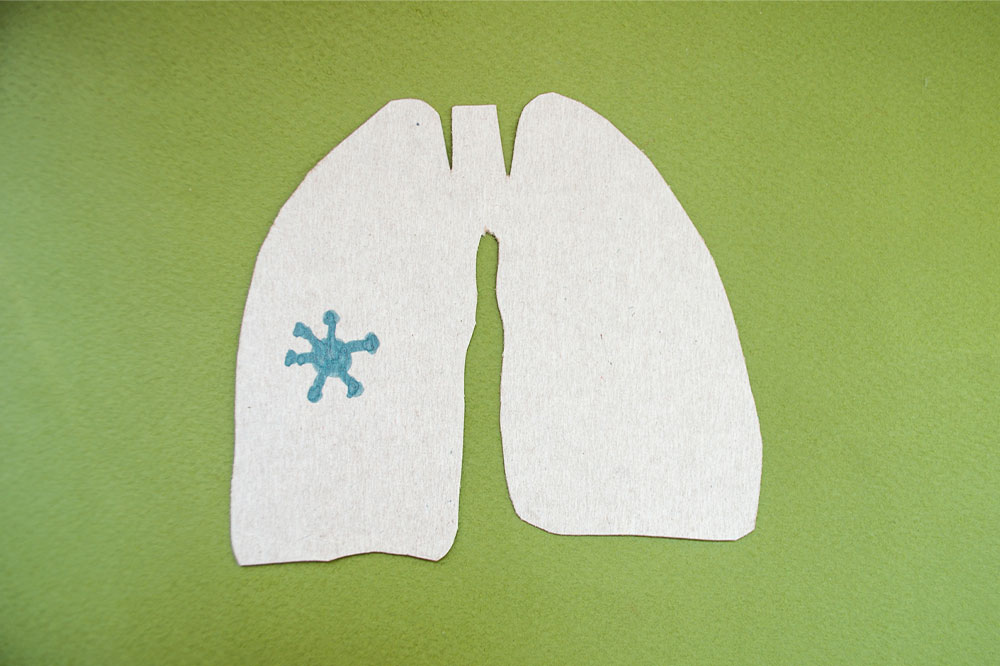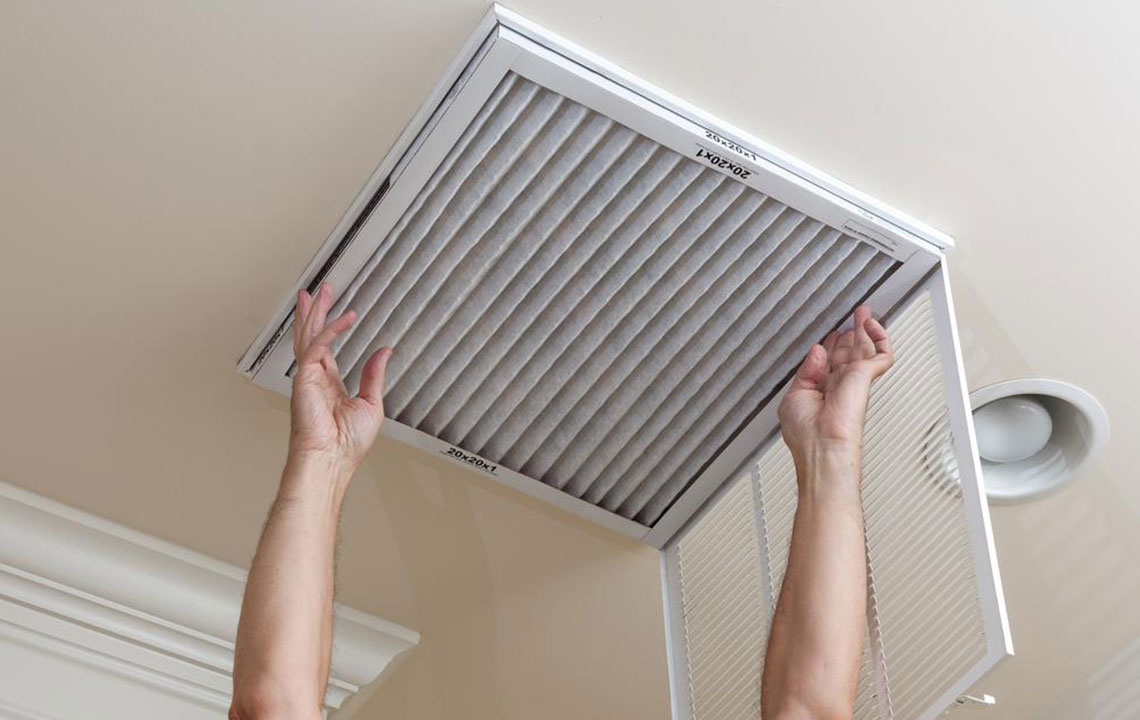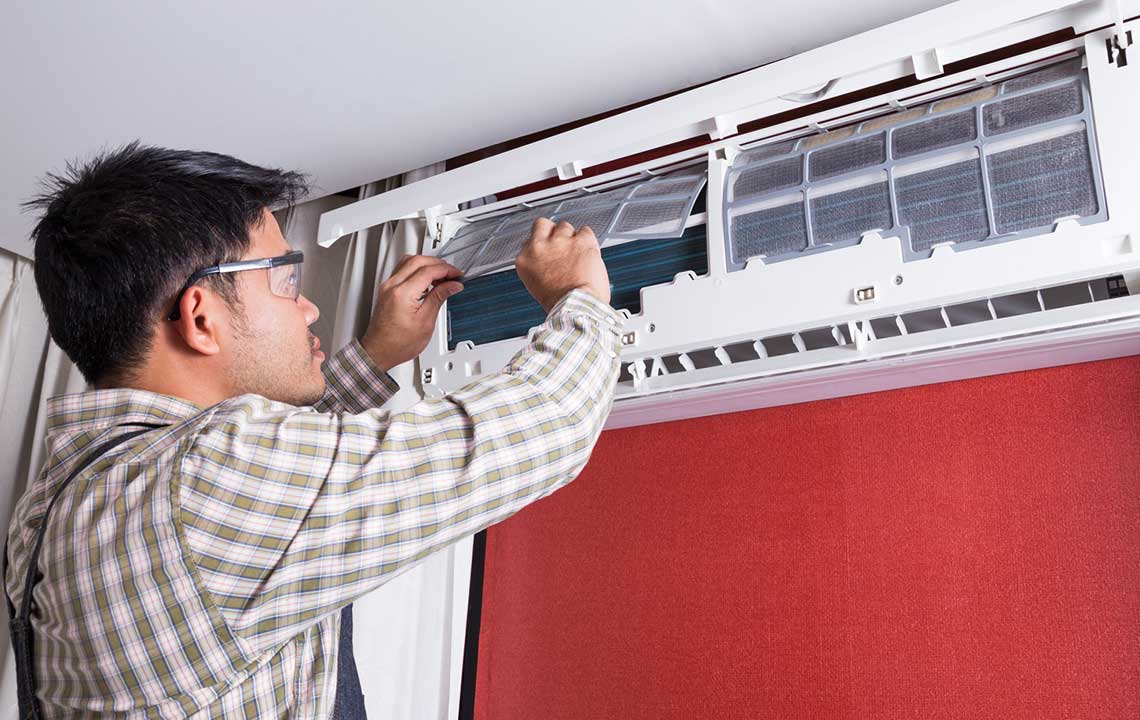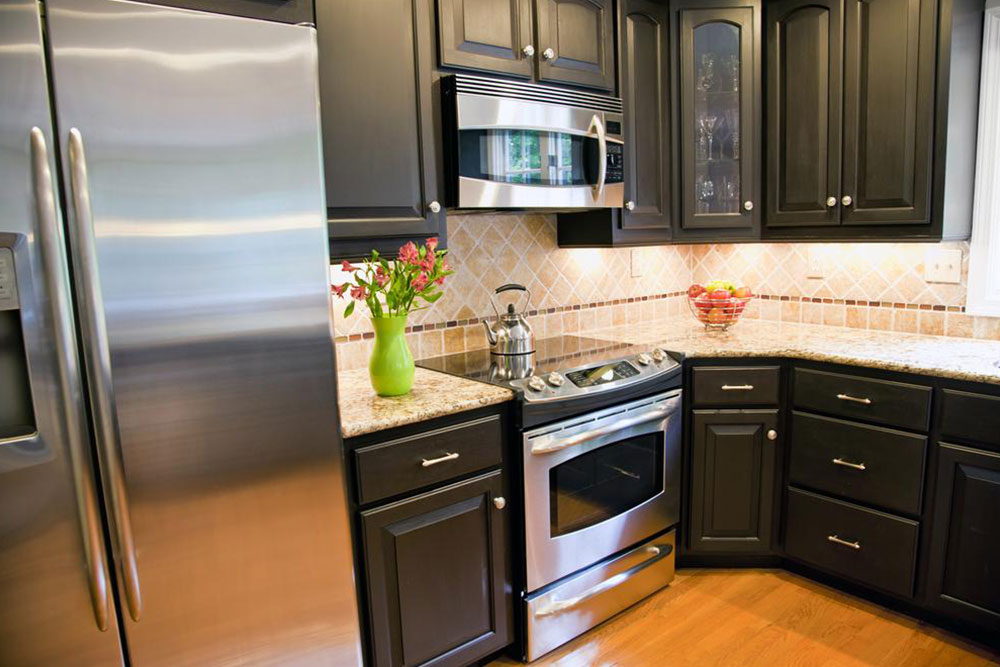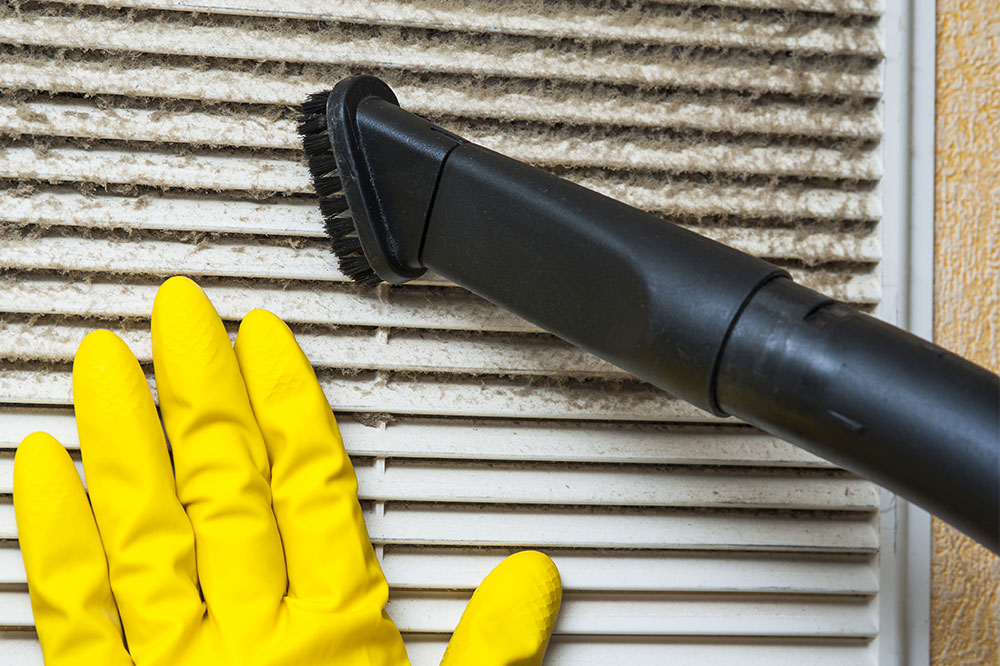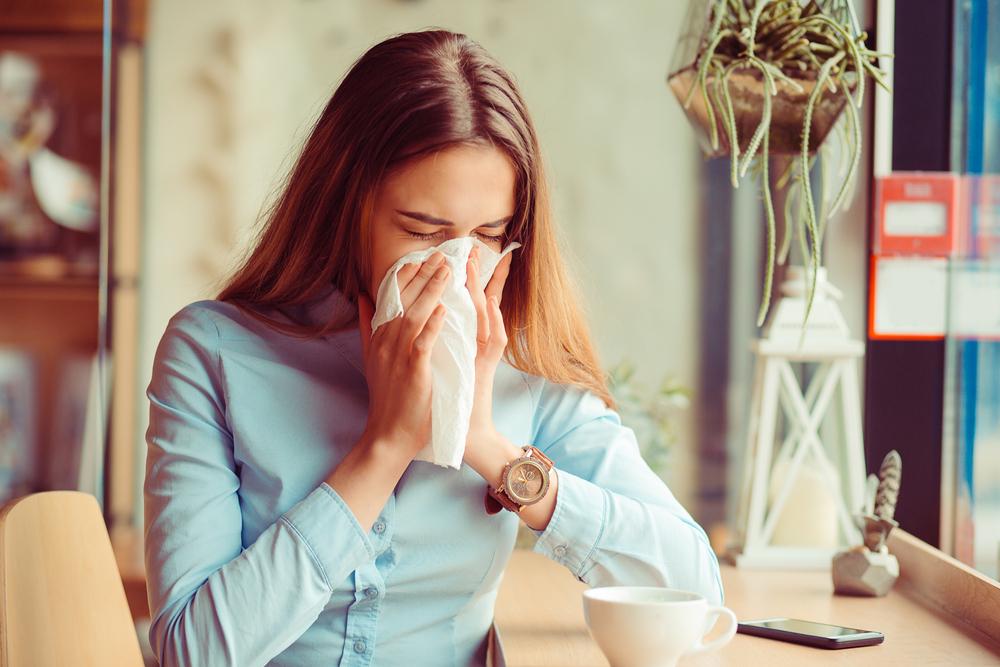The Importance of Regularly Replacing Your Home Air Filter for Better Indoor Air Quality
Maintaining fresh indoor air is crucial for health and comfort. Regularly replacing your home air filter prevents pollutants from circulating, improves HVAC efficiency, and reduces health risks like allergies and asthma. This comprehensive guide emphasizes the importance of timely filter replacements, practical tips for maintenance, and optimal replacement schedules tailored to your household environment, ensuring your home remains a safe and healthy space.
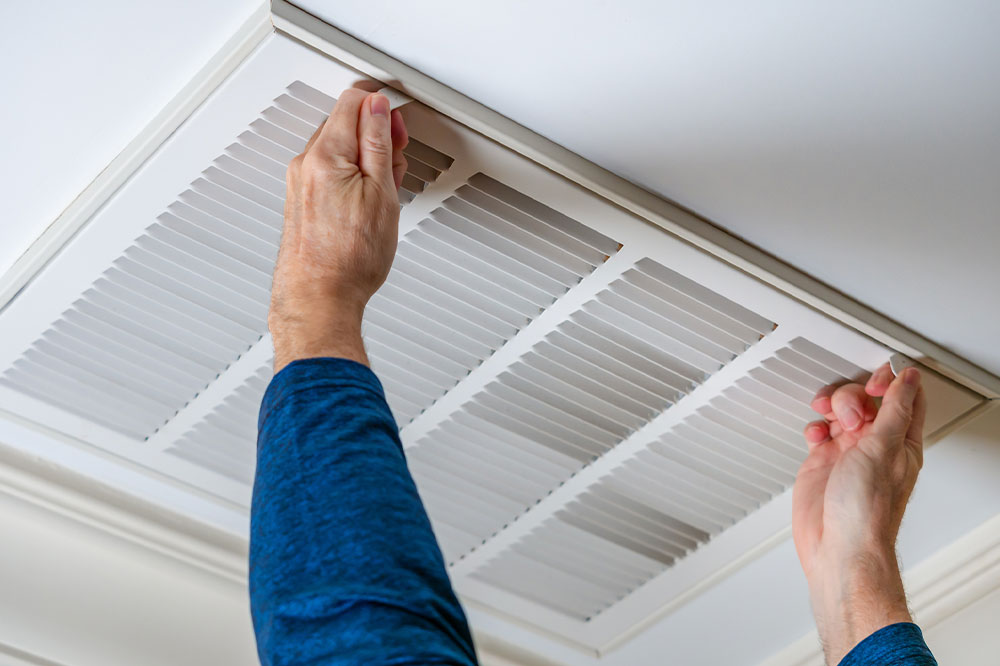
Understanding Why Routine Home Air Filter Replacement Is Crucial
Maintaining a healthy indoor environment is essential for overall well-being, and one of the most effective ways to achieve this is through proper air filtration. Your home's air filtration system acts as a guardian, capturing harmful airborne contaminants such as dust particles, pollen, pet dander, mold spores, and other pollutants that can compromise indoor air quality. Over time, however, these filters accumulate debris and become less effective, emphasizing the importance of regular maintenance and timely replacements. In this comprehensive guide, we'll explore why frequent air filter changes are vital, how often you should replace your filters based on various factors, and provide practical tips for performing these replacements correctly.
Why Is It Essential to Regularly Replace Your Home Air Filter?
Your indoor air quality directly impacts your health, comfort, and productivity. Air filters are designed to trap contaminants, preventing them from circulating freely within your living space. However, as these filters do their job, they gradually become clogged with particles such as dust, pollen, pet hair, and other allergens. When a filter becomes saturated, its filtration efficiency drops significantly, allowing pollutants to bypass the filter and circulate freely through your HVAC system and indoor environment.
Moreover, a dirty filter can cause your HVAC system to work harder, increasing energy consumption and potentially leading to mechanical failures over time. Not only does this result in higher utility bills, but it also reduces the lifespan of your heating and cooling units. For individuals with allergies, asthma, or respiratory sensitivities, a clogged filter may trigger symptoms and worsen existing health conditions. Pet owners, in particular, need to be vigilant, as shedding fur, saliva, and dander can accelerate filter contamination, making more frequent replacements necessary.
When filters are no longer effective, particles bypass the filter and enter your home's breathing zone, increasing the risk of allergies, respiratory infections, and other health issues. Therefore, maintaining clean filters is essential to ensure better indoor air quality and protect the health of your household.
How Often Should You Replace Your Air Filters?
According to health authorities such as the American Lung Association, replacing your air filter at least once every year is recommended for optimal air quality. However, this interval can vary based on multiple factors, including your local environment, household size, presence of pets, and the specific type of filter used. In areas with high pollution levels, dust, or pollen, more frequent replacements—every 1 to 3 months—may be necessary.
For households with pets, especially those that shed heavily, it’s wise to check filters every 30 to 60 days and replace them more frequently to prevent allergen buildup. Similarly, individuals with respiratory conditions or allergies should consider changing filters more often to maintain a healthier indoor atmosphere. It's also beneficial to proactively inspect filters during seasonal transitions such as spring and fall, as these periods often coincide with increased allergen and pollen levels outside, which can infiltrate indoor spaces.
Practical Steps for Proper Filter Maintenance and Replacement
Regular inspection: Check your filters periodically using your HVAC system’s indicator or by simply holding a filter up to light—if you see restricted light passing through, it’s time for a change.
Scheduled replacements: Set reminders to replace filters every 1 to 3 months, especially if your environment is prone to high dust or allergens.
Choosing the right filter: Use filters that match your system’s specifications. High-efficiency particulate air (HEPA) filters offer superior purification but may require compatible systems.
Installation tips: During replacement, follow the manufacturer’s instructions carefully. Ensure the filter is seated correctly to avoid air bypass and maintain system efficiency.
Post-replacement checks: After installing a new filter, turn on your HVAC system and verify proper airflow. Uneven airflow may indicate incorrect installation or a defective filter.
In summary, regular replacement of your home air filters is a simple yet highly effective way to improve indoor air quality, support your HVAC system’s health, and safeguard your respiratory health. By following recommended replacement schedules and inspection routines, you can enjoy cleaner, healthier indoor air and potentially reduce energy costs and maintenance issues over time. Remember, a clean filter equates to a healthier home environment and enhanced comfort for everyone under your roof.
